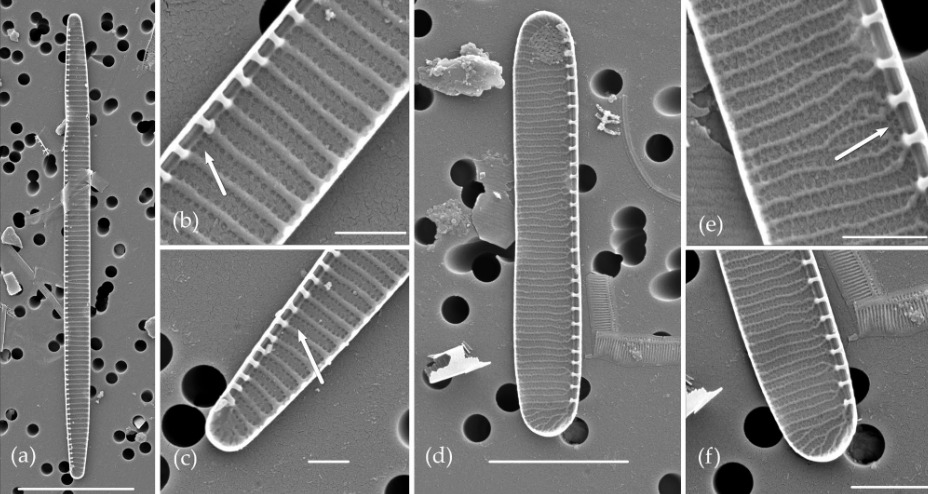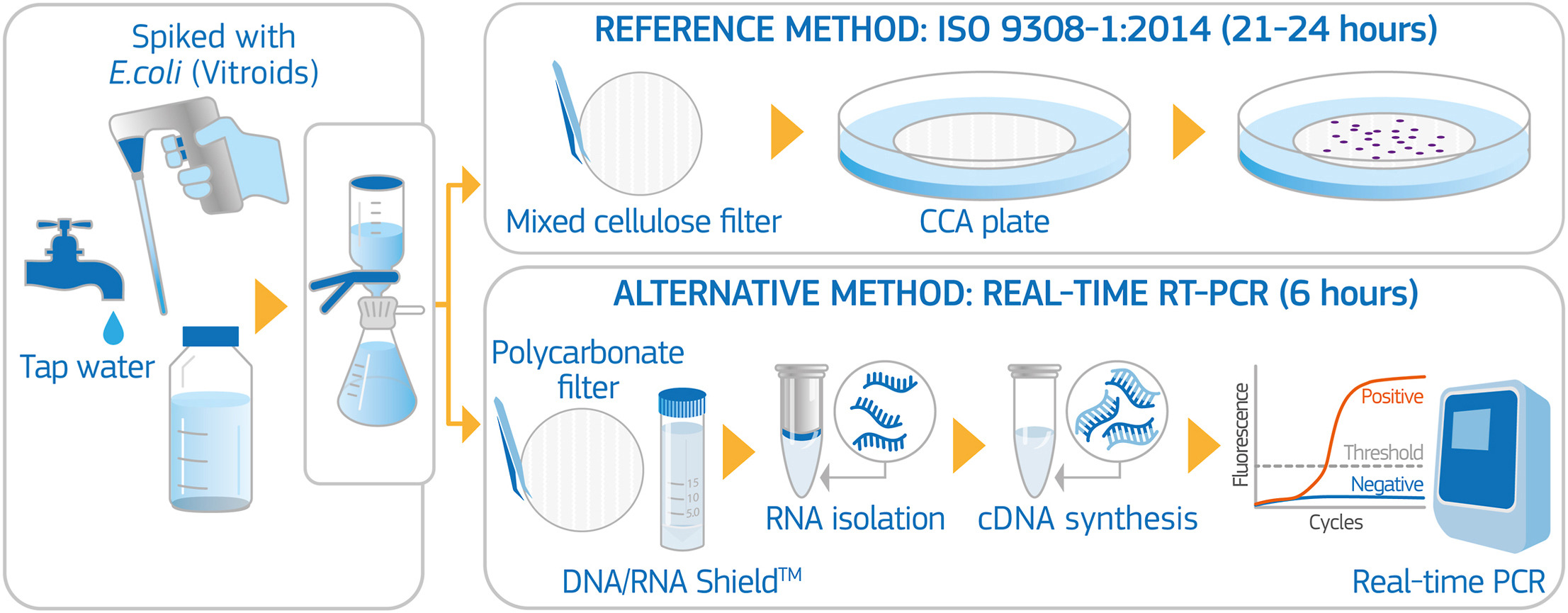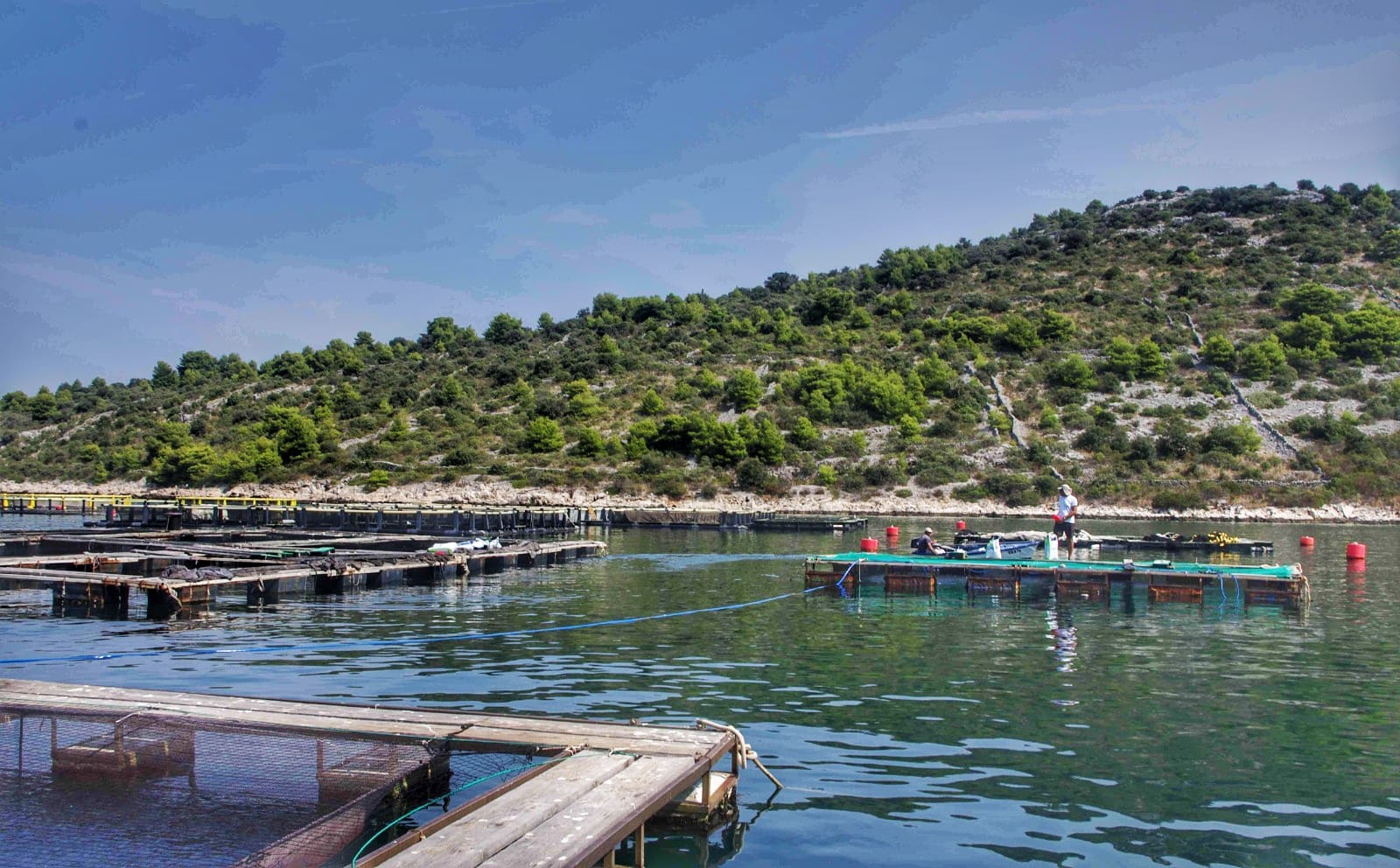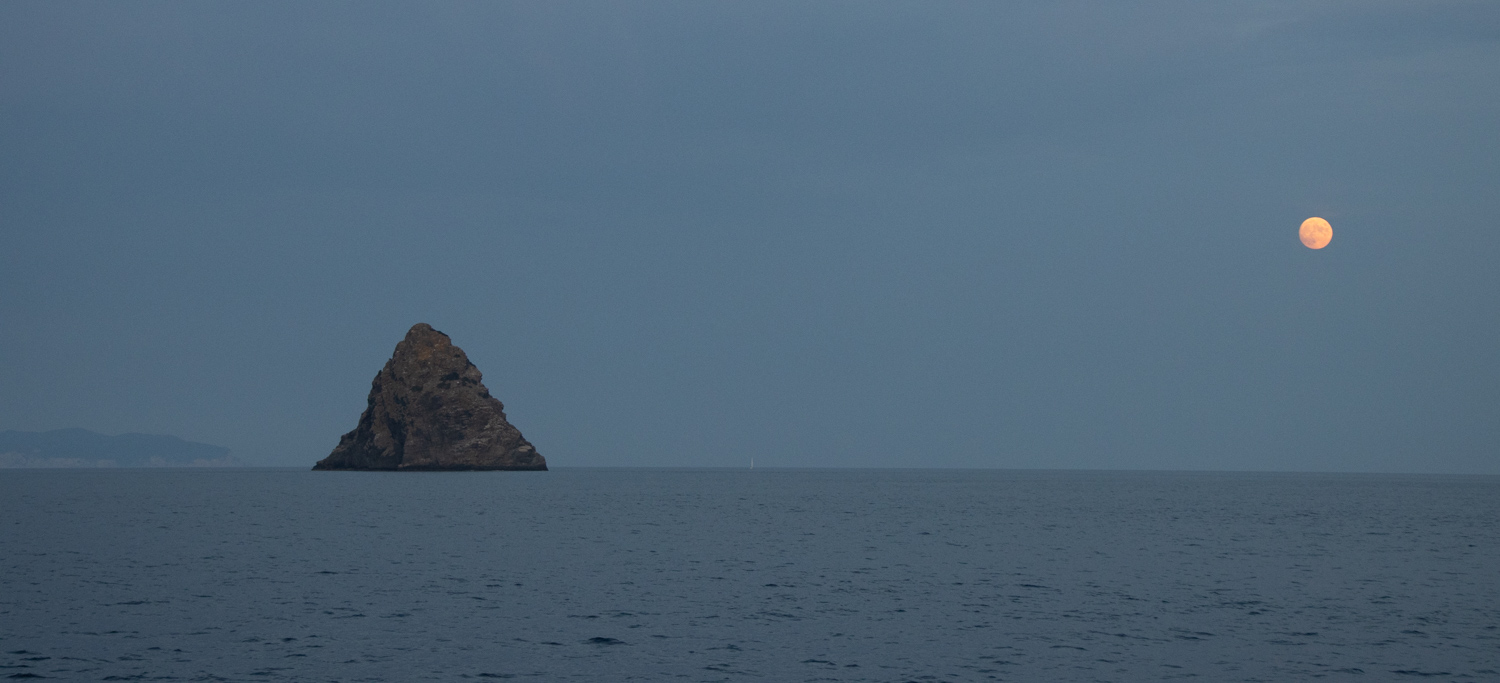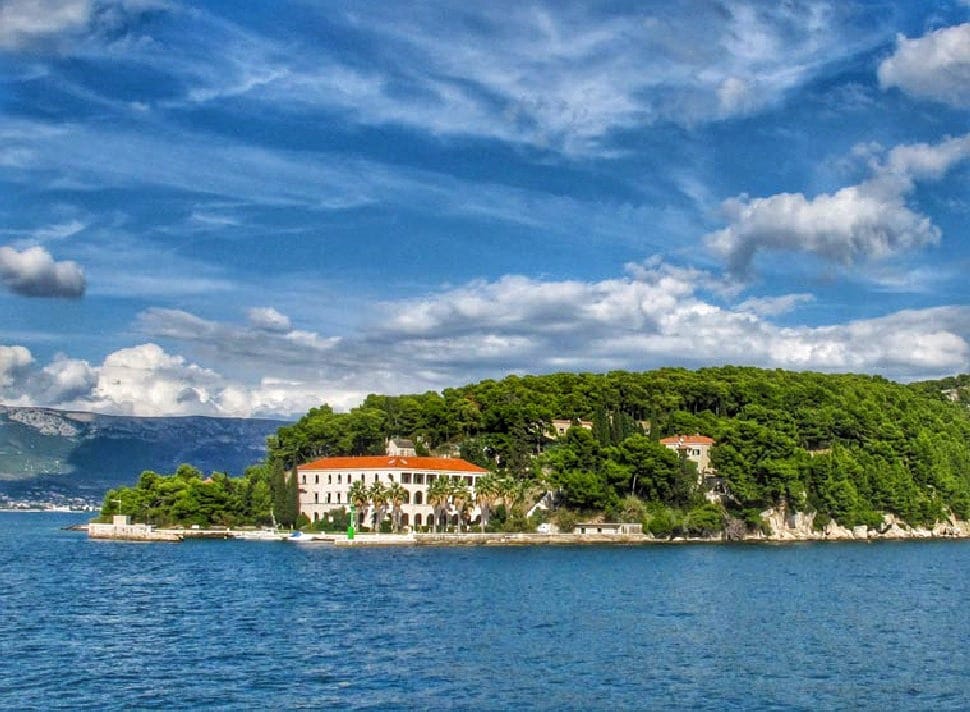Phytoplankton form the autotrophic component of marine plankton. As photosynthetic organisms, they serve as primary producers in the ecosystem and form the basis of most food chains.
Phytoplankton can have several impacts on the ecosystem. They can cause marine blooms and produce biotoxins as secondary metabolites. Diatoms of the genus Pseudo-nitzshia are common and at times dominant components of the phytoplankton community in the Adriatic Sea.
Species of the genus Pseudo-nitzshia are capable of producing a neurotoxin called domoic acid. Organisms that feed on phytoplankton, such as shellfish, can accumulate domoic acid in their bodies. Consumption of such organisms can cause serious health problems in humans. This condition is called amnesic shellfish poisoning. It is important to note that no case of such poisoning has yet been reported in Croatia. However, literature frequently mentions a tragic event that occurred in Canada in 1987, in which three people lost their lives.
Our Laboratory for Plankton and Shellfish Toxicity, operating within the Institute, serves as a national reference laboratory for the study of biotoxins in marine organisms.
In order to investigate the species of the genus Pseudo-nitzshia, seawater samples were collected from February 2022 to February 2023 at four different locations: Kaštelanski Bay, Mali Ston, Velebit Channel and Šibenik Bay.
By combining molecular methods and the study of morphological features with the scanning electron microscope, we have discovered the presence of several new species of the genus Pseudo-nitzshia, previously unknown in the Adriatic. These species include P. brasiliana, P. hasleana, P. galaxiae, and P. linea.
The results of this work undoubtedly contribute to our understanding of the great biodiversity of the phytoplankton community in the Adriatic Sea. Details of these new findings have been published in the prestigious Journal of Marine Science and Engineering; the article can be accessed via the following link:
https://www.mdpi.com/2077-1312/11/7/1370 .
Given the importance of a comprehensive taxonomic understanding of this genus, our laboratory is dedicated to further research on Pseudo-nitzschia species and their potential toxicity.
